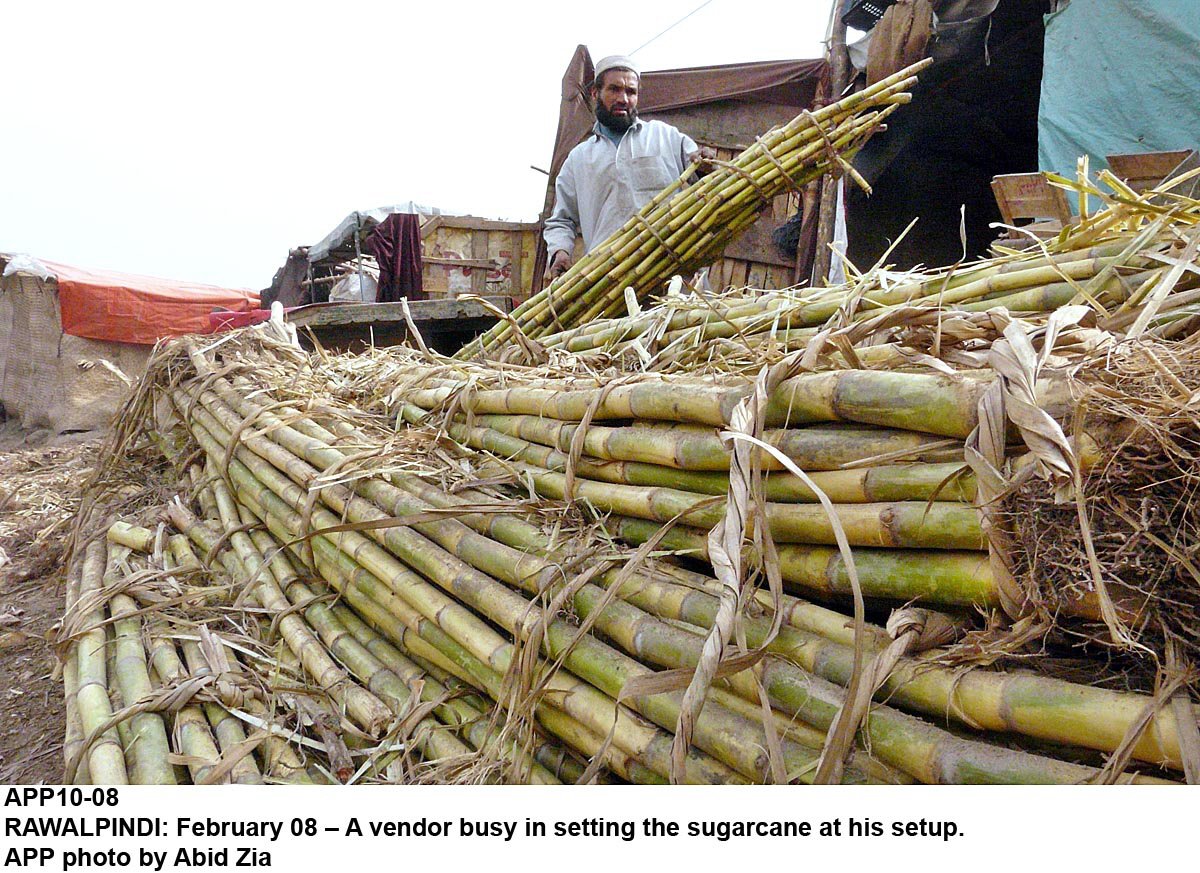
The economic managers appear to be playing a key role in supporting sugar mill owners in fetching an extra income of billions of rupees as prices of the sweetener have gone up in the domestic market following approval of cash support for sugar export.
The millers, besides enjoying Rs6.5 billion in cash support on exports, are now earning billions from vulnerable consumers after a sudden increase in prices.

The revelation was made in a meeting of the Economic Coordination Committee (ECC) on January 13 which was told that sugar prices jumped from Rs50.50 to Rs54.75 per kilogramme in the local market after the committee gave approval for export at the end of last year to ease the pressure on mounting stocks.
ECC to take up for review $25m package for sugar mills
Some meeting participants warned that prices would definitely rise in due course. Already in the short run, sugar rates had gone up 8.4% and were feared to rise up to 10%.
The ECC decided that the government would slap a ban on sugar shipments if prices in the domestic market increased to the extent of 10%.
An inter-ministerial committee would closely monitor price movements in the market and in case of increase of more than 10% at the retail level, further exports may be stopped, said an official.
Interestingly, the ECC was told that the State Bank of Pakistan had issued a circular for allocating quota for sugar export, but so far no such allocation had been made to the millers and no exports were made.
In the international market too, there is a strong likelihood of increase in sugar prices following reports of weaker production in India, the second-largest producer in the world.
Earlier in a meeting on December 7, 2015, a representative of the Ministry of Industries and Production told the ECC that the country would produce 5.13 million tons of sugar in the 2016 season compared to estimated consumption of 4.8 million tons.
After adding 300,000 tons left from the 2015 season, a surplus of around 630,000 tons was expected to be available for export in the new season.
However, he pointed out that a number of tenders were floated by the Utility Stores Corporation (USC), but no sugar mill was willing to commit supplies, making it difficult for the USC to play the role of a price stabilising agent for domestic consumers.
Outstanding dues: Nine sugar mills seized over growers’ unpaid dues
He suggested that the surplus volume could be provided to the USC at prices prevailing in the international market and the rate difference should be borne by the federal government.
Published in The Express Tribune, January 22nd, 2016.
Like Business on Facebook, follow @TribuneBiz on Twitter to stay informed and join in the conversation.









1730379446-0/WhatsApp-Image-2024-10-31-at-17-56-13-(1)1730379446-0-270x192.webp)







COMMENTS (1)
Comments are moderated and generally will be posted if they are on-topic and not abusive.
For more information, please see our Comments FAQ